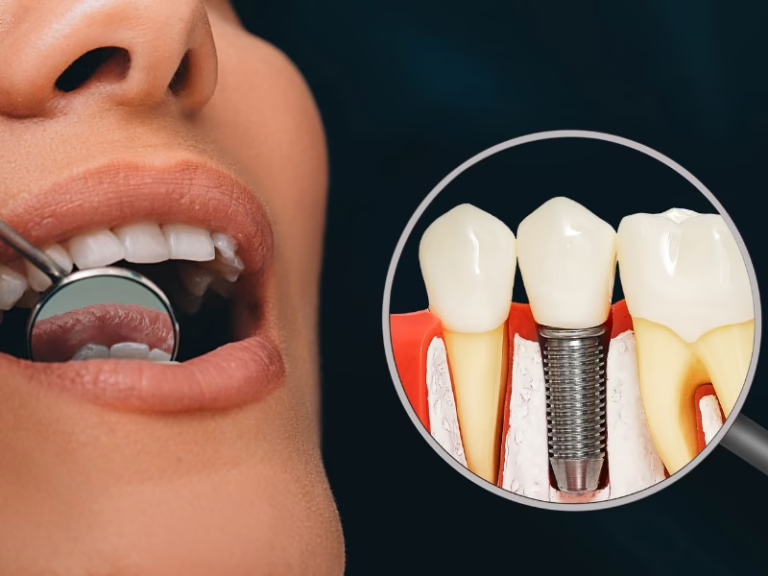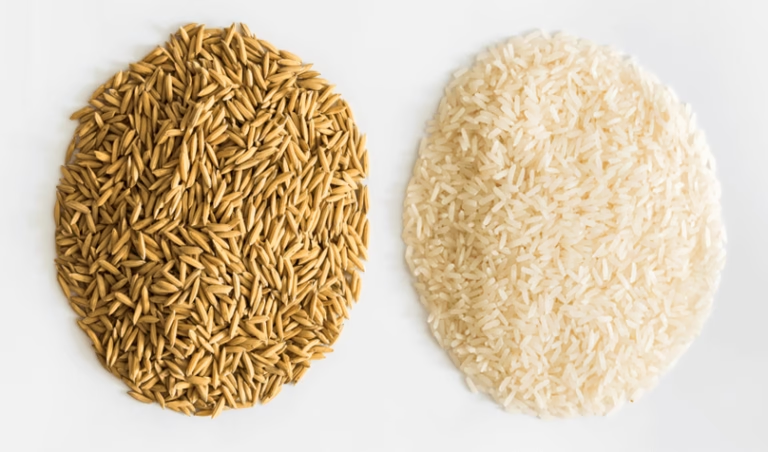6 Common Foods That Could Be Hurting Your Heart According to a Cardiologist!

Heart disease is the leading cause of death in the United States, and many of us don’t realize that our everyday food choices are contributing to the problem. Cardiologist Dr. Wen-Chih Wu, director of the Brown University Health Cardiovascular Wellness and Prevention Centre, reveals six common foods that we should be avoiding to protect our hearts. Read on to find out which foods could be harming your health.
1. Fried Foods: Crispy But Dangerous for Your Heart
French fries, fried chicken, and other crispy favorites might be irresistible, but they’re not doing your heart any favors. Dr. Wu explains that fried foods contain high levels of saturated fats and trans fats, both of which are linked to heart disease. These fats raise cholesterol levels and damage your arteries over time.
Additionally, fried foods are often loaded with salt, which can increase your blood pressure and put extra strain on your cardiovascular system. Instead of frying up potatoes or chicken, why not try baking them at home with a drizzle of olive oil for a heart-healthy alternative?

2. Bacon, Sausages, and Red Meat: Delicious But Risky
Red meat like beef, veal, and lamb is often high in cholesterol and saturated fat, which can be harmful to your heart if consumed in excess. The biggest culprits are bacon, sausages, and deli meats like salami and ham. These processed meats are especially bad due to their high sodium content, which contributes to high blood pressure and increases the risk of heart disease.
Dr. Wu advises limiting red meat intake and opting for healthier alternatives like chicken, turkey, fish, tofu, or legumes such as lentils and chickpeas. These swaps can help maintain your protein intake without compromising your heart.
3. Dairy: Go Low-Fat for a Healthier Heart
Full-fat dairy products like whole milk, cream, and cheese might seem like a delicious part of your diet, but they can be high in unhealthy fats. Dr. Wu suggests switching to low-fat or non-fat versions of dairy products to reduce the fat content while still benefiting from dairy’s nutrients.
Alternatively, non-dairy milk options like almond or oat milk are great alternatives that are free from the saturated fats found in animal milk. These dairy substitutes provide a creamy texture and a tasty flavor, without the added heart risks.

4. Sugar and Cookies: Sweet Treats, Big Trouble for Your Heart
We all love a sugary snack now and then, but consuming too much sugar is one of the biggest contributors to heart problems. Excessive sugar can lead to weight gain, high blood pressure, and obesity, all of which increase the risk of cardiovascular disease. Dr. Wu points out that sugary treats like cookies, pastries, and energy drinks are packed with unhealthy sugars that clog arteries, raise LDL (bad) cholesterol, and promote inflammation in the body.
A good way to combat sugar intake is to limit processed sugary foods and choose healthier snacks like fruit, nuts, or yogurt. Avoiding sugary drinks is also key to maintaining a healthy.

5. Snacks Like Chips: A Crunchy Culprit for Heart Disease
Chips, nacho chips, cheese curls, and other savory snacks might be your go-to comfort foods, but they’re doing more harm than good. These highly processed, fried foods are filled with additives, unhealthy fats, and excessive sodium. Dr. Wu warns that consuming these types of snacks can contribute to weight gain, high blood pressure, disease, and even stroke.
Instead of reaching for a bag of chips, try snacking on a handful of nuts, seeds, or dried fruit chips. These options are packed with healthy fats and nutrients that support heart health.
6. Processed Junk Food: The Ultimate Enemy of Your Heart
Processed foods are often filled with unhealthy fats, sugar, and sodium. They’re convenient but not kind to your cardiovascular system. Dr. Wu emphasizes that these junk foods are contributing to the growing problem of disease in the U.S. So, while it’s fine to indulge occasionally, try to make healthier food choices most of the time.
Focus on incorporating more whole foods like fruits, vegetables, whole grains, and lean proteins into your diet. These foods are packed with essential nutrients that help keep your beating strong.

Conclusion: Focus on Heart-Healthy Choices
When it comes to food, making mindful choices can have a big impact on your heart health. Dr. Wu urges us to avoid foods that can lead to disease and focus on eating more nutritious options. By avoiding fried foods, red meats, full-fat dairy, sugary snacks, and processed junk food, you’re doing your heart a huge favor. Keep your ticker ticking by making small, healthy swaps today!






